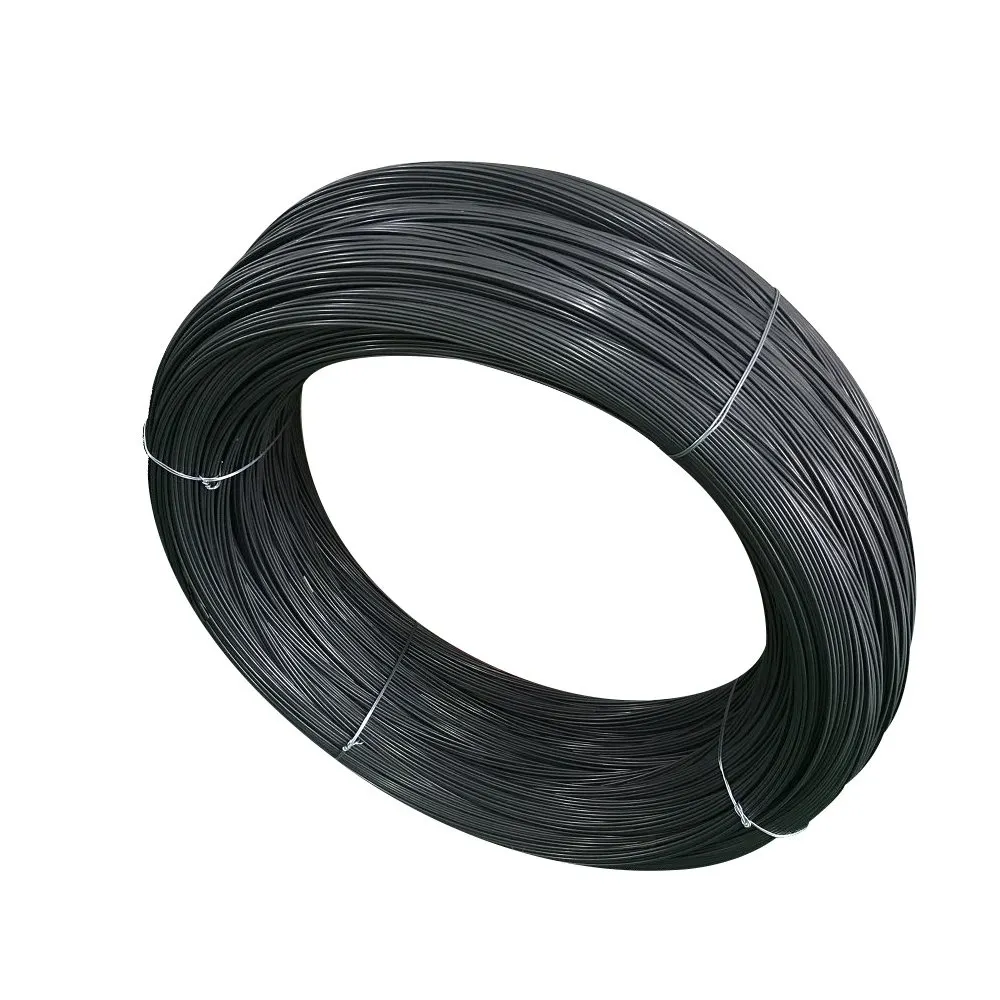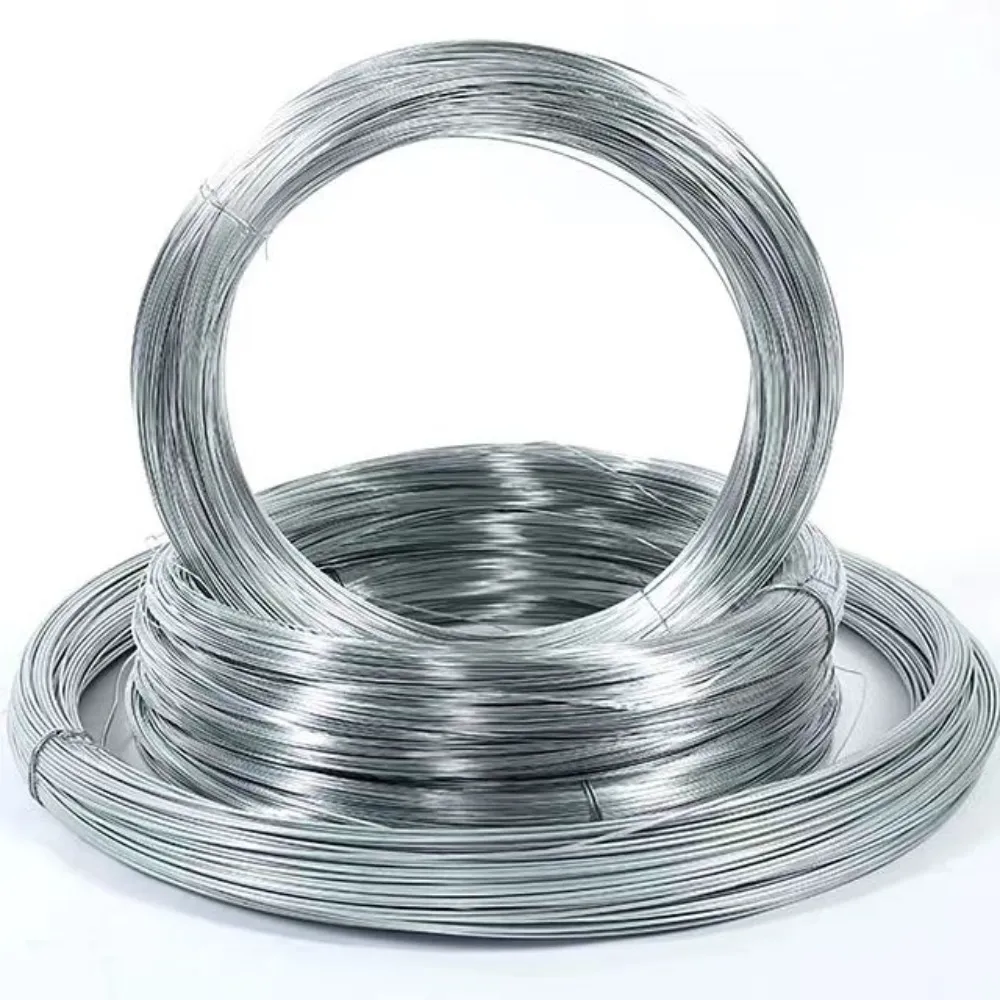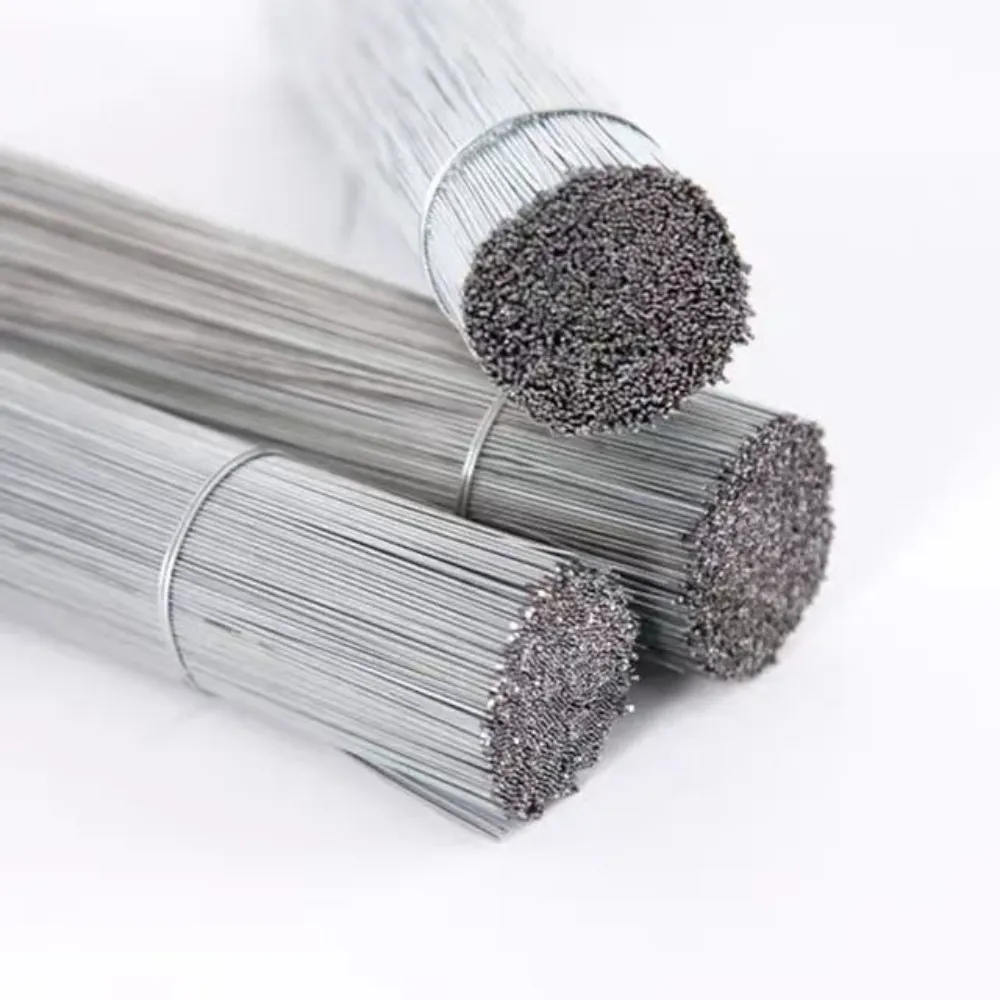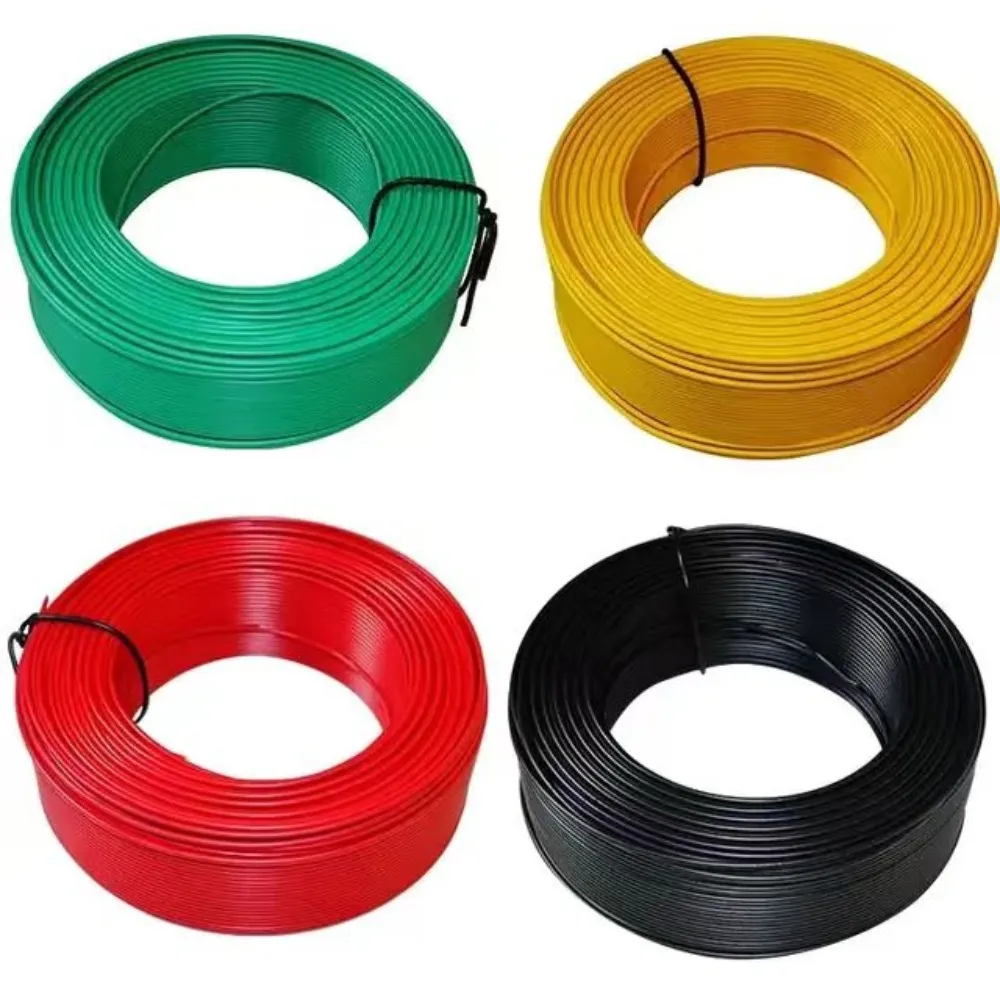Understanding Iron Wire: Pricing, Sizes, and Manufacturing
Iron wire, a versatile and widely used material, serves various industrial, construction, and manufacturing applications. This article will delve into the pricing, sizes, and manufacturing aspects of iron wire, highlighting its significance as a fundamental material in diverse industries.
Iron Wire Price: Factors and Considerations
The price of iron wire is influenced by several factors, including the type of iron used, wire gauge, coating, and market demand. Different types of iron wire, such as galvanized, black annealed, and stainless steel wire, offer varying levels of corrosion resistance and strength, affecting the pricing. Additionally, the wire gauge, which determines the diameter of the wire, impacts the cost, with thicker gauges generally being more expensive due to the increased material usage. Coating options, such as galvanization or PVC coating, also contribute to the overall pricing of iron wire, as they provide enhanced durability and corrosion resistance. Market demand and global iron prices further influence the cost of iron wire.
Iron Wire Sizes: Versatility and Applications
Iron wire is available in a wide range of sizes, typically categorized by wire gauge or diameter. Common sizes of iron wire range from thin gauges used in fine wire mesh and craft applications to thicker gauges used in construction, fencing, and industrial purposes. The versatility of iron wire sizes allows for diverse applications, including binding, fencing, reinforcement, and manufacturing of various wire products.
Iron Wire Manufacturing: Processes and Quality Assurance
Iron wire is manufactured through a process that involves drawing, annealing, and coating. Iron wire drawing process involves pulling the iron rod through a series of dies to reduce its diameter to the desired size. Annealing, a heat treatment process, is then applied to relieve internal stresses and improve the wire's ductility and strength. Coating processes, such as galvanization or PVC coating, are employed to enhance the wire's corrosion resistance and durability. Quality assurance measures, including material testing, diameter control, and surface inspection, are integral to the production of high-quality iron wire in a manufacturing facility.
In conclusion, iron wire is a fundamental material with diverse applications in various industries, construction, and manufacturing processes. The pricing of iron wire is influenced by factors such as material type, wire gauge, coating, and market demand. The availability of iron wire in a wide range of sizes allows for versatile applications, while the manufacturing process emphasizes quality control and precision to produce reliable and durable wire products. As industries continue to rely on efficient and cost-effective materials, iron wire remains a key solution for addressing diverse needs in construction, manufacturing, and industrial applications.
-
Space-Saving Chain Fence Hacks Vertical Gardening with Cyclone MeshВестиJul.16,2025
-
Innovations in Iron Nail Wire Production for Modern ConstructionВестиJul.16,2025
-
Creative Uses of Wire Netting Fence in Modern Landscape DesignВестиJul.16,2025
-
Barbed Wire Fence Innovations in Anti-Climb TechnologyВестиJul.16,2025
-
Architectural Uses of Umbrella Nails for Aesthetic Roof DesignsВестиJul.16,2025
-
Architectural Uses of Razor Barbed Wire in Secure Urban DesignВестиJul.16,2025








